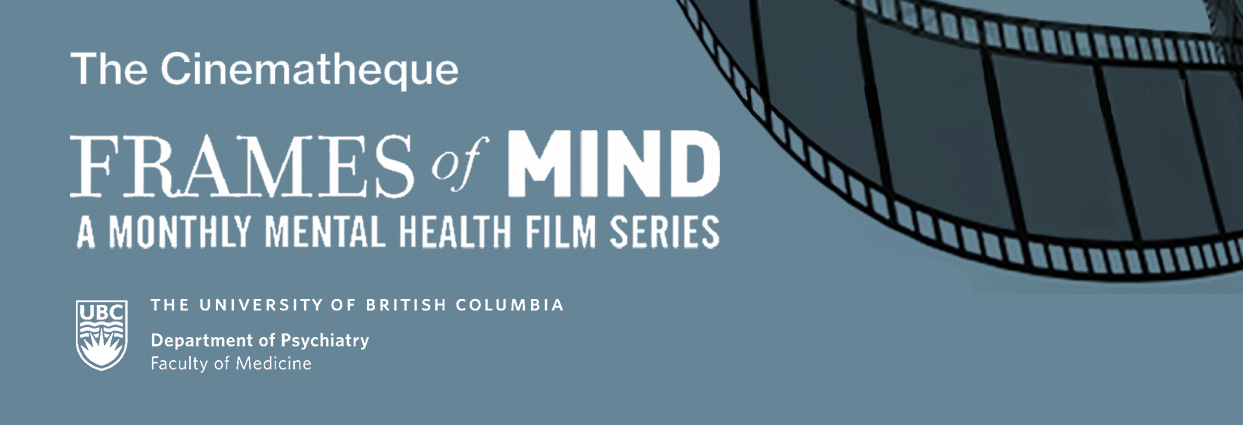
IVAN TORRES
Clinical Professor & Neuropsychologist
Meet Dr. Ivan Torres, a Stimulus Grant Awardee and dedicated Clinical Professor at UBC’s Department of Psychiatry. Trained as a clinical neuropsychologist, his research focuses on cognitive functioning in severe mood and psychotic disorders, bridging research with clinical practice to enhance patient care. When he’s not advancing mental health research, Dr. Torres enjoys keeping active and playing in a rock band.
Can you tell us a little about yourself and your background?
I was trained as a clinical neuropsychologist, and I am currently a Clinical Professor within the Department of Psychiatry at UBC, investigator within British Columbia Mental Health and Substance Use Services, research neuropsychologist within the BC Psychosis Program and Mood Disorders Centre at UBC, and Consulting Neuropsychologist at Red Fish Healing Centre for Mental Health and Addiction. I have broad clinical and research interests in neuropsychological functioning in psychotic and mood disorders including schizophrenia and bipolar disorder.
Can you describe what kind of research you are involved in?
My work involves investigation of cognitive functioning in people with severe mood and psychotic illness, including understanding the pattern, severity, and diversity of cognitive impairment in these clinical populations. I am particularly interested in understanding client’s subjective assessment of their own cognitive functioning and how this relates to their everyday functioning and well-being. Overall, my work aims to bridge the gap between clinical research and clinical practice so that we can learn information that can be utilized to help patients in a direct and clinically meaningful way.
Can you tell us about an interesting project or initiative you are working on?
Through research support from a UBC Department of Psychiatry Stimulus Grant, our team is embarking on a research project investigating the use of cognitive compensatory cognitive strategies in people diagnosed with mood and psychosis spectrum psychiatric illnesses. Despite the fact that these individuals are at high risk for experiencing cognitive problems in daily life, there is very little understanding of their spontaneous use of these compensatory strategies to overcome their cognitive challenges. An example of this would be the use of lists, organizers, mnemonics, digital supports, or other aids in everyday life. By better understanding the use of these strategies this may lead to development of therapies aimed at increasing their effective use in these individuals.
What aspect of your work do you enjoy the most, or find most exciting?
I find it extremely rewarding to be able to collaborate with highly talented colleagues and trainees, to share ideas, and to work collaboratively on projects that are clinically informed and that will be useful to improving patient’s lives and functioning. I am grateful that in my career I am able to be involved in various roles as clinician, researcher, and educator.
What are your interests and hobbies outside of work?
Outside of work I like to take my yellow Labrador “Sunny” out on the trails for hikes and to remain active playing basketball. I also enjoy playing the drums in a rock band composed of fellow clinical psychologists.
If you are an IMH member and would like to share more about yourself and your research with the community, please contact Megan Rollerson, Communications and Partnerships Manager, at megan.rollerson@ubc.ca.





